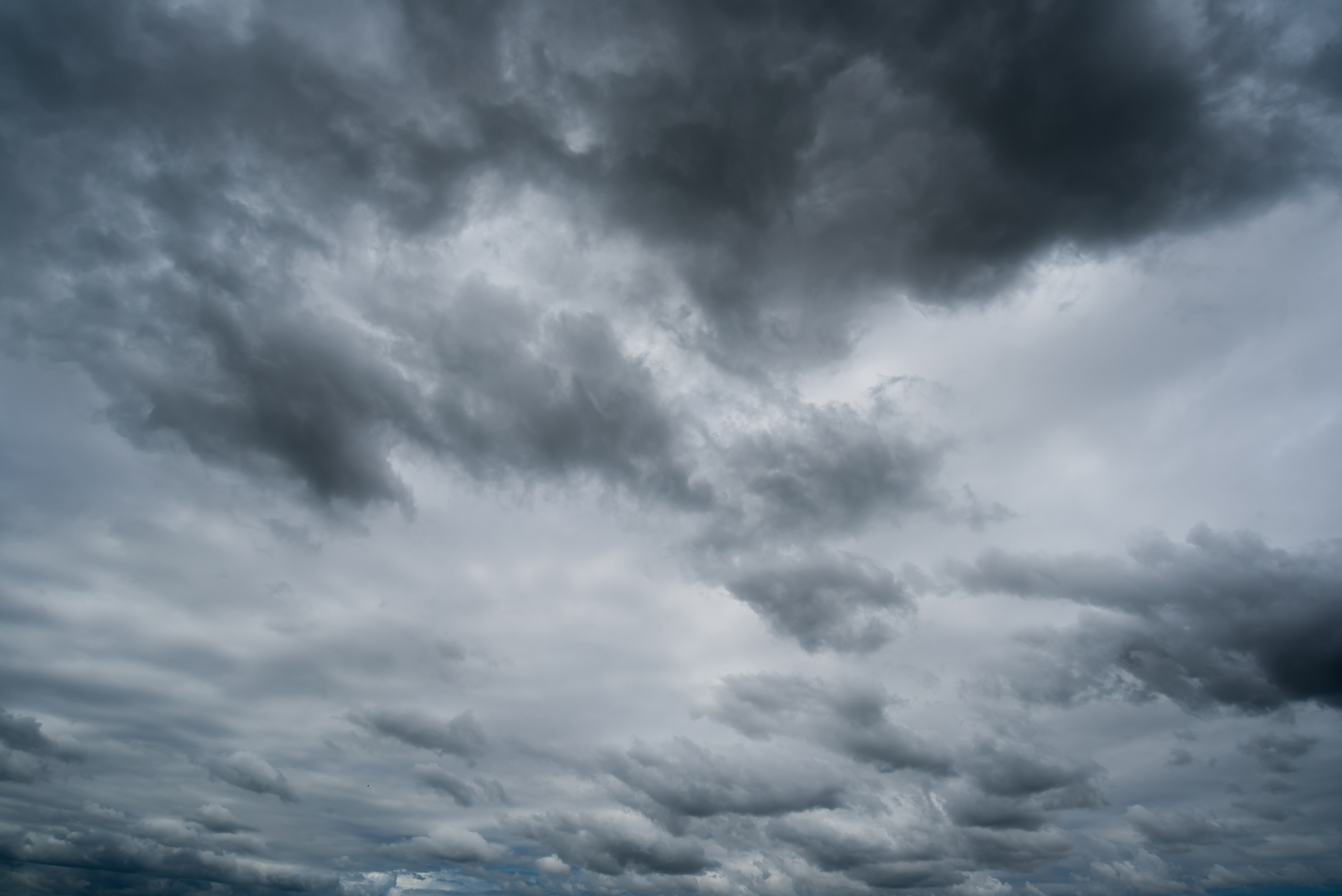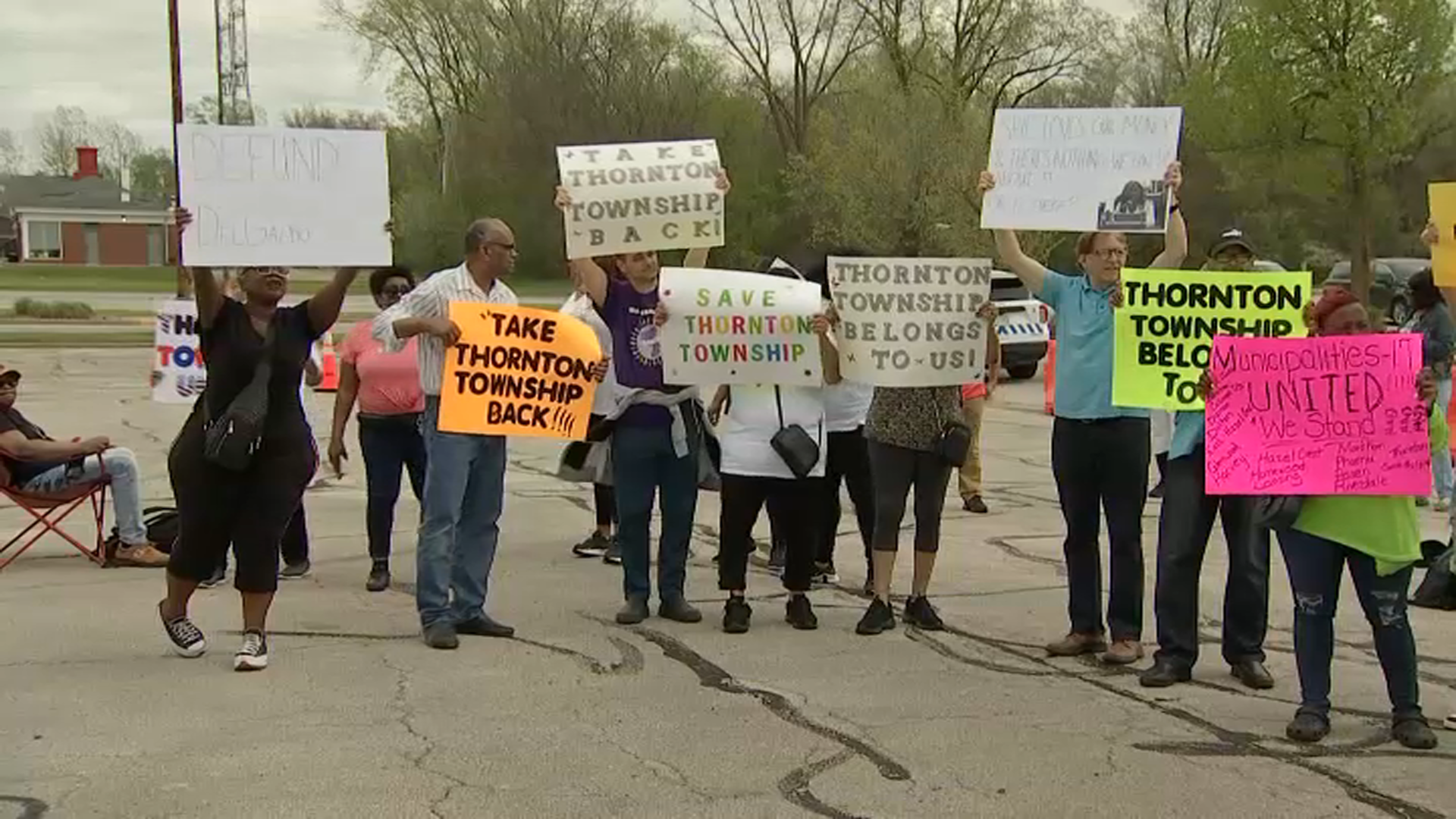With many now able to choose which COVID vaccine they receive, questions surrounding which offers better protection against the now-surging delta variant have spiked.
Several studies have been conducted to determine vaccine effectiveness, but is one vaccine actually better than the others?
According to medical experts, the three vaccines currently available in the U.S. each offer protection.
Here's a breakdown of what we know so far about each vaccine:
Feeling out of the loop? We'll catch you up on the Chicago news you need to know. Sign up for the weekly Chicago Catch-Up newsletter here.
How effective are the COVID vaccines against the delta variant?
Vaccine efficacy has been a main question as the delta variant continues to spread around the country.
Health experts have said that a majority of hospitalizations and deaths associated with the variant in recent months are almost entirely in unvaccinated individuals. The CDC has said the risk of infection is 8x higher in the unvaccinated than the vaccinated, and the risk of hospitalization or death is 25x higher.
Local
But is one better than the other at protecting against breakthrough infections in vaccinated populations?
Researchers in Belgium directly compared the Pfizer and Moderna COVID-19 vaccines by testing the antibodies of 2,500 health care workers after two doses of both vaccines.
The study found the Moderna vaccine produced more than double the antibodies compared to Pfizer, but doctors urge caution.
“Antibody level itself is interesting, but it doesn’t necessarily lead to a significant difference in the way the vaccine is performing,” said Dr. Allison Arwady, Commissioner of the Chicago Department of Public Health.
Another study to consider when comparing vaccines is one from the Mayo Clinic earlier this month, which is awaiting a full review.
That study found the risk of suffering a breakthrough COVID-19 infection with the delta variant after being fully vaccinated with the Moderna vaccine may be much lower than the risk for those who received the Pfizer vaccine.
The study reported that in July in Florida, where COVID cases are at an all-time high and the delta variant is prevalent, the risk of a breakthrough case was 60% lower for Moderna recipients as compared to Pfizer recipients.
Similarly, in Minnesota last month, the authors found that the Moderna vaccine (also known as mRNA-1273) was 76% effective at preventing infection, but the Pfizer vaccine (known as BNT162b2) was 42% effective.
The authors of the study found that both vaccines "strongly protect" against severe disease; the difference appears to be more about whether people get infected at all in the first place. The so-called pre-print study, which has not gone through a peer review or been published in an academic journal, was first released earlier this month.
Chicago is tracking breakthrough infections - COVID case reported in fully vaccinated individuals - by vaccine, but Arwady said they haven’t found a substantial pattern.
“We have seen the highest number of breakthrough infections in Chicagoans who have gotten Pfizer, but that is because the highest number of Chicagoans have gotten Pfizer, not that we’ve seen a major difference in someone who’s gotten Pfizer versus Moderna,” Arwady said.
When NBC 5 asked the Illinois Department of Public Health for a breakthrough breakdown, spokesperson Melaney Arnold said that “all three vaccines have been reported in breakthrough hospitalizations and deaths. Similar to the CDC, IDPH is not currently reporting that breakdown.”
While Moderna's two-dose vaccine remains "durable" six months after the second shot, immunity against the coronavirus will continue to wane and eventually diminish vaccine efficacy, the company said in slides that accompanied its second-quarter earnings report.
The company said its vaccine is 93% effective six months after the second dose. By comparison, Pfizer and BioNTech said their vaccine efficacy declined to around 84% after six months.
Johnson & Johnson reported last month that data showed their vaccine "generated strong, persistent activity against the rapidly spreading delta variant and other highly prevalent SARS-CoV-2 viral variants."
"Current data for the eight months studied so far show that the single-shot Johnson & Johnson COVID-19 vaccine generates a strong neutralizing antibody response that does not wane; rather, we observe an improvement over time," Dr. Mathai Mammen global head of Janssen Research & Development for Johnson & Johnson, said in a statement. "In addition, we observe a persistent and particularly robust, durable cellular immune response."
Delta, the dominant form of the disease in the U.S., is more transmissible than the common cold, the 1918 Spanish flu, smallpox, Ebola, MERS and SARS, according to the Centers for Disease Control and Prevention.
Will a booster shot be needed?
U.S. health authorities are now recommending an extra dose of the COVID-19 vaccine for all Americans eight months after they received their second dose of the Pfizer or Moderna shot.
In a joint statement, the directors of the Centers for Disease Control and Prevention, Health and Human Services, the National Institute of Health and other top medical experts, outlined plans to begin administering booster shots later next month.
The overall plan is pending a Food and Drug Administration evaluation of the safety and effectiveness of a third dose, the officials said.
Those who were fully vaccinated earliest, which includes health care workers, nursing home residents and other older people, will be first in line to get a booster shot before they are available to the general public.
U.S. regulators already authorized an extra dose of the Pfizer or Moderna COVID-19 vaccines for people with compromised immune systems earlier this month. The U.S. Centers for Disease Control and Prevention advisory panel also recommended the extra shot for those individuals.
The announcement applies to several million Americans who are especially vulnerable because of organ transplants, certain cancers or other disorders and who received the Moderna or Pfizer COVID vaccines.
According to the CDC, the list includes people who have:
- Been receiving active cancer treatment for tumors or cancers of the blood
- Received an organ transplant and are taking medicine to suppress the immune system
- Received a stem cell transplant within the last 2 years or are taking medicine to suppress the immune system
- Moderate or severe primary immunodeficiency (such as DiGeorge syndrome, Wiskott-Aldrich syndrome)
- Advanced or untreated HIV infection
- Active treatment with high-dose corticosteroids or other drugs that may suppress your immune response
The agency notes that "people should talk to their healthcare provider about their medical condition, and whether getting an additional dose is appropriate for them."
People who received the one-shot Johnson & Johnson vaccine will also likely need a booster shot, but more information is needed because the U.S. didn't begin administering it until March 2021, officials said.
Health officials are expecting to receive more data "in the next few weeks" and will "keep the public informed with a timely plan for J&J booster shots as well."
The FDA and CDC’s approval and recommendation for immunocompromised individuals does not apply to those who got the Johnson and Johnson vaccine.
With booster shots expected to begin, NBC 5 asked Dr. Richard Novak, head of the Division of Infectious Diseases at University of Illinois Health, if Pfizer patients should be lining up first.
“Based on what limited information we have, giving the boosters and targeting the higher risk groups first, makes sense. Whether or not people who got Pfizer vs. Moderna need to worry more, we just don't have enough information yet to say that," Novak said.
Early guidance stills stands and the CDC recommends you complete a full course of the same vaccine and not to mix coronavirus vaccines.
What about side effects with booster shots?
The CDC stated that side effects with the third shot "were similar to that of the two-dose series."
The most common symptoms include fatigue and pain at the injection site, but "most symptoms were mild to moderate."
As with previous doses of the vaccine, the CDC notes that, "serious side effects are rare, but may occur."
Are the COVID vaccines FDA approved?
The Food and Drug Administration on Monday granted Pfizer and BioNTech full U.S. approval of their COVID-19 vaccine – becoming the first in the U.S. to win the coveted designation.
Up until now, Pfizer's mRNA vaccine was on the U.S. market under an Emergency Use Authorization, which was granted by the FDA in December.
The companies submitted a Biologics License Application to the FDA on May 7 for patients age 16 and up. That application was approved Monday.
The vaccine is also still available under emergency use authorization (EUA) for younger people ages 12 through 15 and for a third booster dose in those with compromised immune systems, the FDA said.
While Pfizer is currently the only vaccine to be fully approved, it is also the only vaccine authorized for emergency use in adolescents between the ages of 12 and 17, though Moderna filed for such approval earlier this year.
Emergency use authorization allows a vaccine to become available prior to full approval in the case of public health emergencies. The FDA can revoke the EUA at any time.
Moderna's two-shot and Johnson & Johnson's single-shot vaccines continue to be available under an emergency use authorization as well.
Moderna also announced in June that it had begun a “rolling submission” to the FDA of data from its studies of the two-dose mRNA vaccine.
“We are pleased to announce this important step in the U.S. regulatory process for a Biologics License Application (BLA) of our COVID-19 vaccine,” Moderna CEO Stephane Bancel said in a press release at the time. “We look forward to working with the FDA and will continue to submit data from our Phase 3 study and complete the rolling submission.”
Large-scale studies of the shots continued after Moderna’s emergency authorization. The FDA will scrutinize the information to see if the vaccine meets stringent criteria for full licensure.



